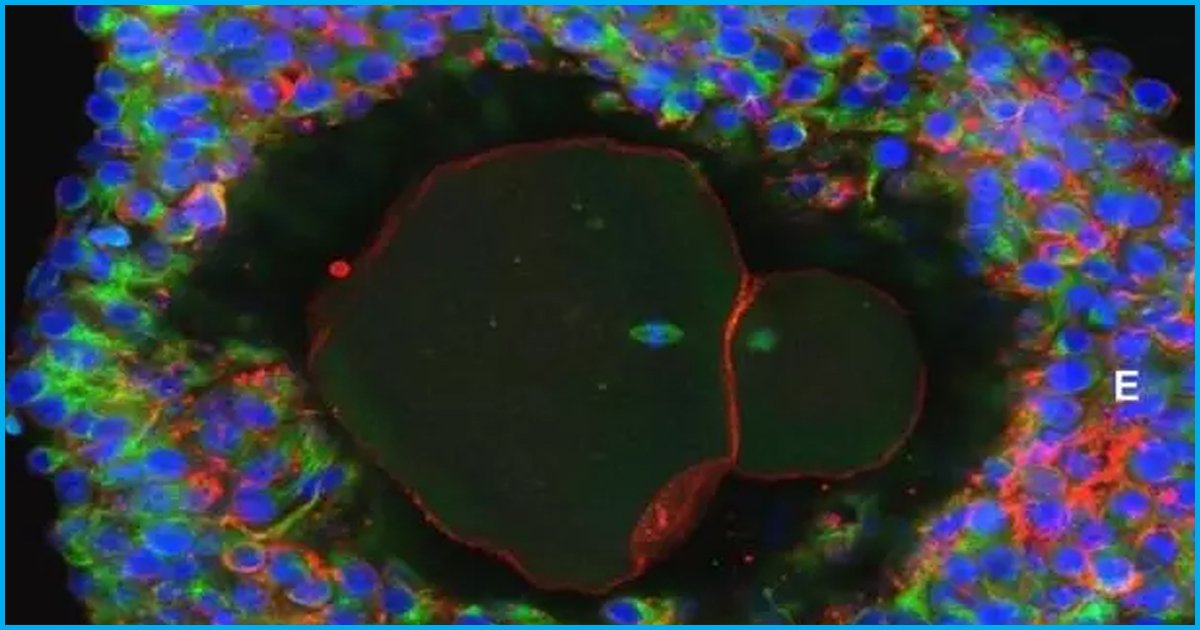
Human Eggs Grow In A Lab For The First Time; Opens Door For Fertility Preservation
9 Feb 2018 11:33 AM GMT
Human eggs with the potential and possibility to become full-grown embryos have been developed in a laboratory for the first time. The future of fertility and pregnancy might change if this becomes a success.
In a landmark development, scientists have been able to replicate the process where egg cells mature in the ovaries outside of the body, writes The Independent.
The process represents an advance IVF technology where an ovarian tissue is removed by biopsy and then the egg and sperm are fused in a lab and then the fertilised embryo is implanted.
Under a process called the in-vitro maturation, the embryo is matured in a lab. The study’s senior author, Professor Evelyn Telfer of the MRC Centre for Reproductive Health at the University of Edinburgh, told The Independent: “If we can show these eggs are normal and can form embryos, then there are many applications for future treatments.”
This technique might favour women who cannot ovulate naturally, do not respond to IVF and can preserve fertility in cancer patients.
How did it happen?
Women are born with millions of immature eggs, contained within follicle cells in the ovary, but only a few hundred are released over a lifetime. These follicle eggs are very sensitive to certain hormonal conditions. The researchers replicated those conditions.
The biopsied ovarian tissue was first examined to remove any follicles that had already begun the maturation process before the growth phase began.
“This is an elegant piece of work, demonstrating for the first time that human eggs can be grown to maturity in a laboratory,” said Dr Channa Jayasena, a member of the Society for Endocrinology and clinical senior lecturer at Imperial College London, who was not involved with the research.
 All section
All section













